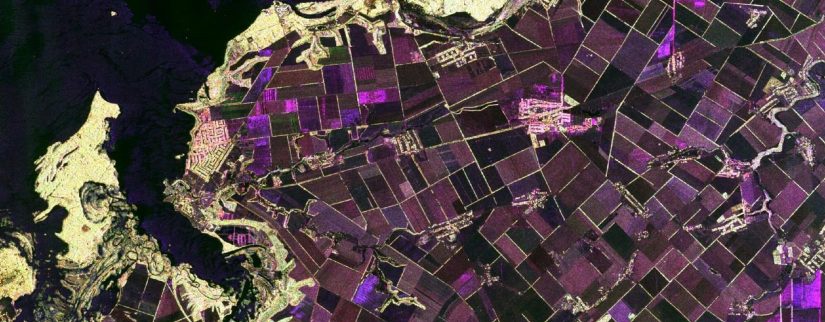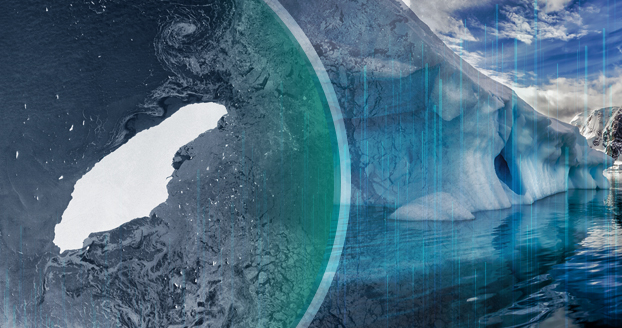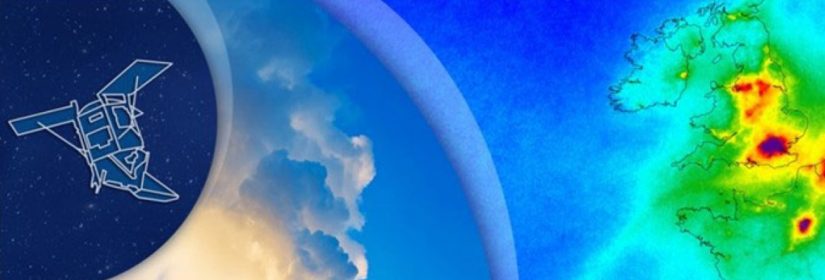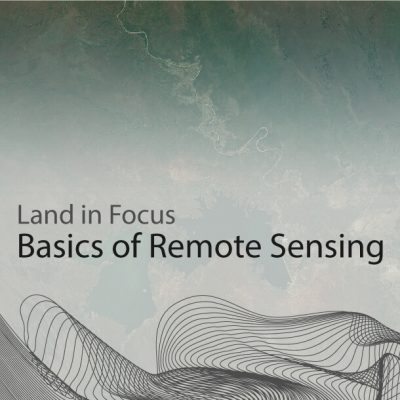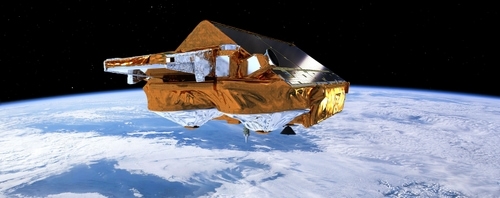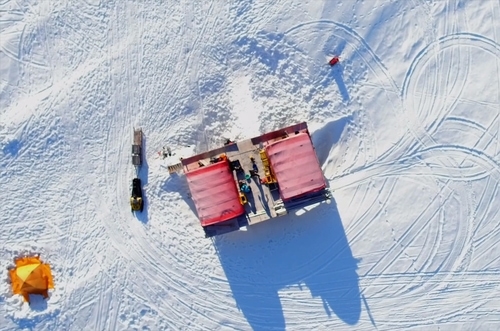Agricultural Crop Classification with Synthetic Aperture Radar and Optical Remote Sensing
The educational materials from the Agricultural Crop Classification with Synthetic Aperture Radar and Optical Remote Sensing webinar series, held online from 5-19 October 2021 can be accessed from the link on the left menu. The training materials are available in English and Spanish, and include the recordings of the webinars, the theory presentations and the …

